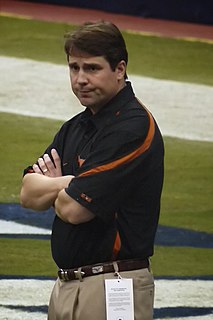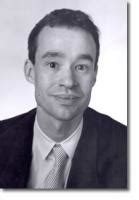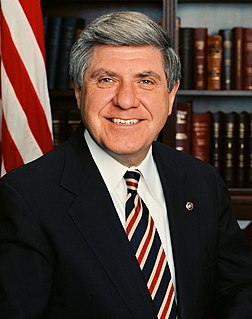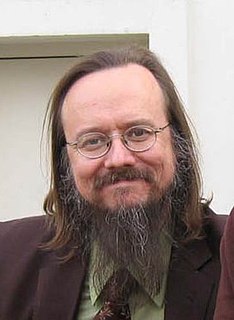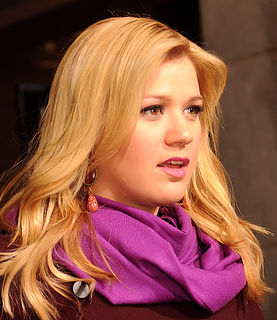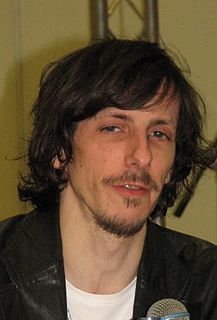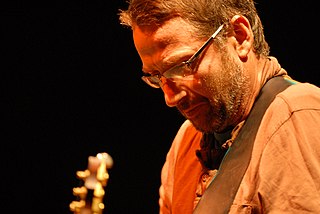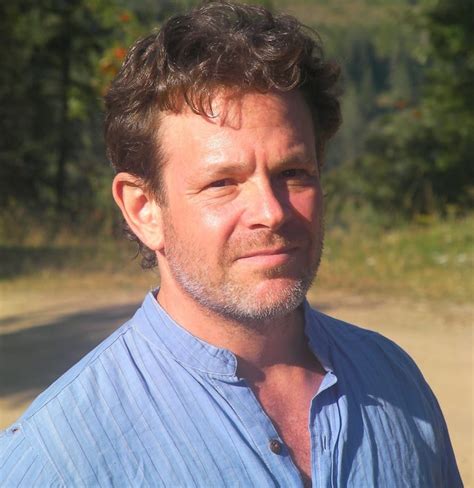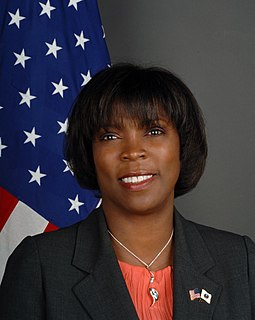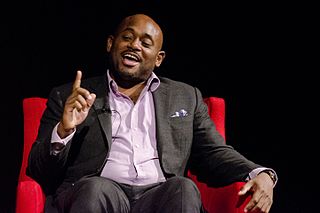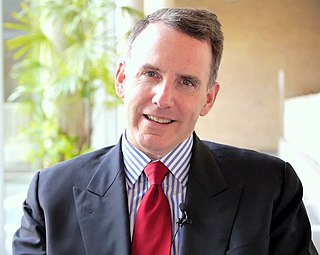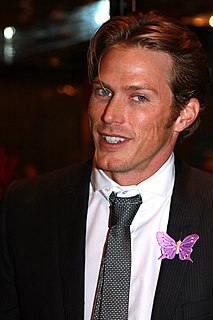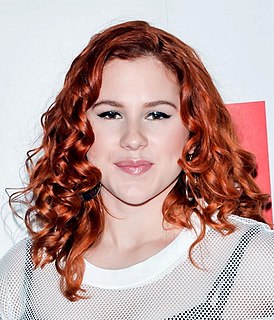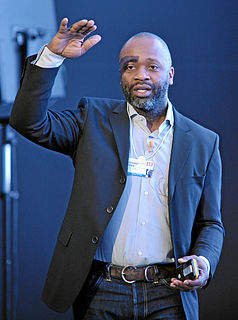Top 1029 Urban Quotes & Sayings - Page 14
Explore popular Urban quotes.
Last updated on November 25, 2024.
It's quite possible we may actually be looking at some kind of super-sanity here. A brilliant new modification of human perception, more suited to urban life at the end of the twentieth century...He creates himself each day. He sees himself as the lord of misrule and the world as a theatre of the absurd.
Someone sent me an article on AI that was written by Tim Urban on the website Wait but Why - that was kind of where I stuck my toes in the puddle, and I said, 'OK, I've gotta learn about this!' I felt like this is one of those things that our generation is going to have to answer for, eventually, and I just wanted to educate myself on it.
The power of the print reviewer is one of those urban myths. There have always been shows that slipped under the critical radar to become popular successes: 'Tobacco Road', 'Abie's Irish Rose' and our old friend 'Spider-Man', which got the worst reviews in theatre history and is still apparently going strong.
All over the world, social innovation is tackling some of the most pressing problems facing society today - from fair trade, distance learning, hospices, urban farming and waste reduction to restorative justice and zero-carbon housing. But most of these are growing despite, not because of, help from governments.
Because of tax laws governing charities, including almost every single civil rights organization you've ever heard of, including the NAACP, the Urban League, the ACLU, and others, those organizations are not allowed to endorse political candidates or use their resources in political campaigns of any kind.
With undead armies, psychotic angels and exploding airships, Scar Night is a gripping, ripping yarn which rattles along at a great pace. Tether all that to the knock-out image at the heart of the novel-Deepgate, a Gothic city built on a network of chains over a great abyss-and you have urban fantasy at its best.
To Mahatma Gandhi, the key to India's progress was the development of its villages. In his unified vision, education, agriculture, village industry, social reform all came together to provide the basis for a vibrant rural society free from exploitation and linked to the urban centres as equals. Our planning incorporates this basic insight.
I think there's no question that Michael Jackson was the foremost entertainer of his generation; perhaps of all time, arguably, taking the skills of a Sammy Davis, Jr., bringing together the street dance of African American urban culture, joining them to the politics of dance, of Fred Astaire and Gene Kelly on that sphere alone.
Urban people, of course, are terribly scared nowadays. They may yearn for society, but it is risky to go around talking to strangers, for a lot of reasons, one being that people are so accustomed not to have many human contacts that they are afraid they may find out they really prefer life that way.
Much of the criticism of economic globalization has centered on factory labor abuses. But the majority of the world's poor are not employed in factories; they are self-employed - as peasant farmers, rural peddlers, urban hawkers, and small producers, usually involved in agriculture and small trade in the world's vast "informal" economy .
The majority of small-holder farmers in Africa are women and, in urban areas, you're primarily looking at women-led households. So we can't solve hunger if we don't have gender-sensitive programming that addresses access to opportunities for women, whether it's through education or tools for cooking, like solar-powered stoves.
For complicated historical and political reasons, we associate 'poor' in our public consciousness with 'black.' Terms such as 'welfare queen' and 'culture of poverty' became associated uniquely with the social maladies of African Americans in urban ghettos, despite the fact that poor whites outnumbered poor blacks.
From drought-parched Brazil to the increasingly ice-free Arctic Ocean, from the rising seas along the Florida coast to the punishing heat waves hitting South Asia, in communities large and small, rich and poor, urban and remote, we can see the irrefutable evidence of what science has long told us was coming.
While a physical barrier can be effective in urban areas, each sector of the border faces unique geographical, cultural and technological challenges that would be best addressed with a flexible, sector-by-sector approach that empowers the Border Patrol agents on the ground with the resources they need.
The global phenomenon of poverty tourism - or 'poorism' - has become increasingly popular during the past few years. Tourists pay to be guided through the favelas of Brazil and the shantytowns of South Africa. The recently opened Los Angeles Gang Tour carries visitors through battle-scarred territories of urban violence and deprivation.
Benedict (Cumberbatch, who is playing Sherlock) looks amazing. He's still got a Sherlockian silhouette, with a large overcoat, but in a classic cut. Watson dresses with an urban elegance, a touch of old school dashing, giving a feeling of both the military and medical profession. I suppose it's something they have in common as well. They're a bit metrosexual.
Urban America has been redlined. Government has not offered tax incentives for investment, as it has in a dozen foreign markets. Banks have redlined it. Industries have moved out, they've redlined it. Clearly, to break up the redlining process, there must be incentives to green-line with hedges against risk.
If you take into account prisoners, a large majority of African American men in some urban areas, like Chicago, have been labeled felons for life. These men are part of a growing undercaste - not class, caste - a group of people who are permanently relegated, by law, to an inferior second-class status.
I never played Freddy as real. In the true bible of Wes Craven's outline for the films, Freddy only manifests himself in dreams. And a lot goes into a dream, not the least of which is imagination. So Freddy is secondhand information. Freddy is an urban legend that's been handed down to these teenagers over the years.
The people from the suburbs are bringing along their suburban values: cleanliness, orderliness, safety - dullness, in other words. As a result, urban areas are being hollowed out. Just look at Times Square in New York. No more sex shops, no drugs, no homeless people. The area is clinically clean and incredibly dull.
A lot of people feel like urban fantasy is a shortcut that gets you around world-building, because it's set "in the real world." But it doesn't really work that way, as I found out. You have to come up with just as consistent an internal cosmology and magic system as you would if you were writing high fantasy.
Like most citizens of popular and international urban centres, I don't take advantage of the cultural opportunities. Perhaps this comes from growing up in suburbia. Home is where you eat, sleep, read, watch television and ignore your parents. It is not where you go to the ballet and then attend a heated panel discussion about it afterwards.
One of the great ironies is that the impact of the flattening world has not been to empower decentralized rural land, but to strengthen the cities in China and India and elsewhere that are gateways between those countries and the West. It's deeply wise for the Chinese to be pro-urban in terms of development. They're creating space for ideas and human capital to be developed.
There's so much material out there that's unnecessarily racist. It takes a shot at what is 'urban' or demonstrates blackness with some sassy, neck-jiving character that's not even relevant to the plot. I see it time and time again, and it doesn't move the story forward. It just kind of cryogenically freezes us in this old racial paradigm.
Consider the trivial but revealing hallmarks of urban hipsterdom: faux vintage photography, the handlebar mustache, and vinyl record players all hark back to an earlier time when people were still optimistic about the future. If everything worth doing has already been done, you may as well feign an allergy to achievement and become a barista.
I am a member of a small, nearly extinct minority group, a kind of urban lost tribe who insist, in the face of all evidence to the contrary, on the sanctity of being on time. Which is to say that we On-timers are compulsively, unfashionably prompt, that there are only handfuls of us in any given city and, unfortunately, we never seem to have appointments with each other.
Since the beginning of my recording career in 1975, I have had a little difficulty because the pop stations think I'm a jazzer who doesn't have a feeling for pop, so it's hard to get my records played. Similarly, black urban radio doesn't understand that with my R&B roots, I am more than a jazz singer. So I get pigeonholed.
Automobile is one of the most successful inventions of all time, but in my view, it is thoroughly obsolete already. And so by fundamentally rethinking the automobile, thinking of it as a robot on four wheels, essentially, something that can communicate with other intelligent devices, it can operate in a coordinated way, you can really start to fundamentally rethink urban personal mobility.
You can't find an uglier urban environment than the centre of Hollywood, but then you go to Griffith Park, you go to the beach, you go to the mountains, and it's rural. I live up in the Hollywood Hills and I have frogs, owls, coyotes, mountain lions - but I'm ten minutes from the centre of the city.



